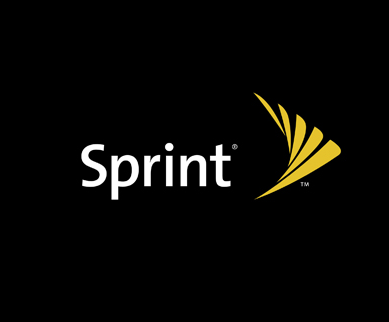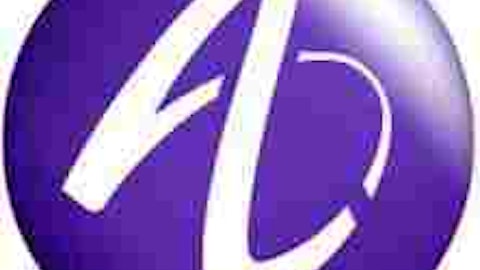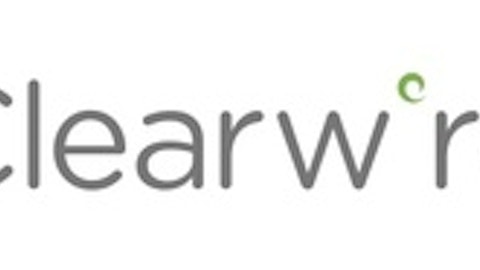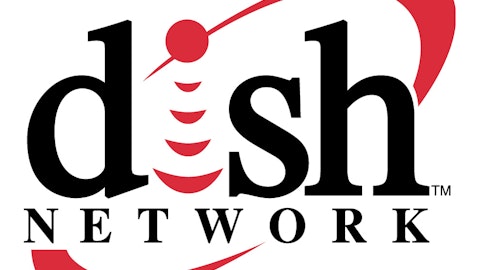Sprint Nextel Corporation (NYSE:S) and DISH Network Corp. (NASDAQ:DISH) continue to fight over Clearwire Corporation (NASDAQ:CLWR), a company that has never earned a profit but owns valuable wireless spectrum. In December 2012, Sprint Nextel Corporation (NYSE:S) made a $2.2 billion cash offer for Clearwire Corporation (NASDAQ:CLWR) that was below the prevailing stock price, though it was significantly above Clearwire’s average price for the year. Seeing potential value, DISH Network Corp. (NASDAQ:DISH) made a conditional $2.5 billion offer in January that put Sprint’s ambitions temporarily on hold. So, do investors have a play here?

Obviously, a network build-out comes at a heavy cost, with Clearwire Corporation (NASDAQ:CLWR) reporting $7.5 billion in operating losses over the past five years. While the company has been funded by an enviable list of corporate sponsors, including Intel Corporation (NASDAQ:INTC), Comcast Corporation(NASDAQ:CMCSA), and Google Inc (NASDAQ:GOOG), Sprint Nextel Corporation (NYSE:S) has provided most of Clearwire’s financing. In addition, Sprint Nextel Corporation (NYSE:S) is Clearwire’s primary wholesale customer and previously paid $925 million for unlimited use of Clearwire’s 4G network through the end of 2013.
Clearwire has no “clear” path to profitability under its current business model. While it has a retail business, the company relies heavily on its wholesale customer base, some of which are building their own 4G networks. In FY2012, Clearwire reported a 0.9% increase in total revenues, but it generated $1.4 billion in operating losses. More importantly, operating cash flow was deeply negative and the company required additional debt financing to meet its capital expenditure outlays.
On the flipside, Sprint has poured significant resources into Clearwire and relies on the company for additional network capacity and 4G services. While the company is also highly leveraged, it found a white knight when Softbank agreed to purchase a majority interest in the company in October 2012, which included $5 billion to fund the acquisition of Clearwire. The funding also gives Sprint much needed financing for the shutdown of Nextel and the modernization of its own network.
In FY2012, Sprint’s financial results were weak as the company has been only marginally successful at migrating Nextel customers over to Sprint services. For the period, Sprint’s revenues rose 5.1%, but it reported a $1.8 billion operating loss. While the company’s landline business was weak due to a declining subscriber base, its wireless business was hurt by a 12% increase in the costs of subsidizing its customers’ smartphone purchases. However, Sprint’s network consolidation actions and its rising wireless subscriber base should lead to higher future profitability, with adjusted operating profit expected to be between $5.2 billion and $5.5 billion in FY2013.
Dish Networks has always been a disruptive outsider, ever since its founding in the back of Charlie Ergen’s truck in 1980. The company is the third largest domestic pay-TV provider, offering 270 basic channels of satellite broadcasting, as well as video streaming and broadband internet service in select markets. DISH Network Corp. (NASDAQ:DISH) is also a technology innovator, including its Hopper set-top box that allows customers to receive programming in multiple rooms and watch recorded programming without commercial interruptions. Network television has taken a negative, lawsuit-happy view of the Hopper, but customers are certainly pleased.
In FY2012, Dish’s growth stagnated as the domestic market for pay-TV has limited upside potential. For the period, the company reported a 1.6% increase in revenues, but its adjusted operating income declined by 16.7%. The company suffered from lower profitability, due to increases in programming and subscriber acquisition costs. In addition, the company incurred higher expenses as it restructures the Blockbuster video business.
Given the constraints on its core business, DISH Network Corp. (NASDAQ:DISH) has been looking elsewhere for growth, including the purchase of Blockbuster in 2011 and the purchase of wireless spectrum in 2012. It launched satellite broadband service in September 2012, which adds to the existing traditional broadband service that Dish provides in select states. An investment in Clearwire would complement Dish’s current wireless spectrum assets and help it to build a national network.
Clearwire is a speculative play at best, although it will surely end up as part of another corporate empire. While Sprint holds most of the cards with its 50% stake in Clearwire, it might have to offer a slightly higher price to appease the majority of outside shareholders. If investors want to bet on a horse in this race, though, Dish Networks is the better choice since it looks like a winner with or without Clearwire.
The article Between a Rock and a Hard…Dish originally appeared on Fool.com.
Copyright © 1995 – 2013 The Motley Fool, LLC. All rights reserved. The Motley Fool has a disclosure policy.





